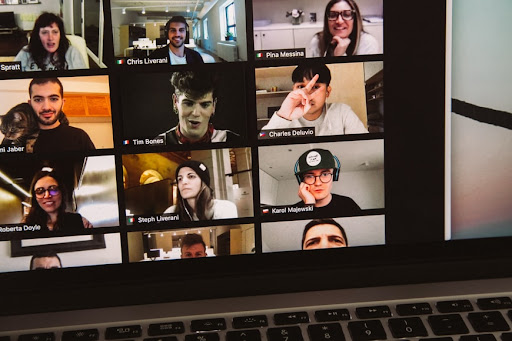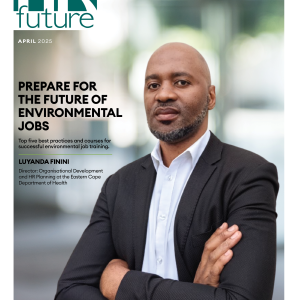Seeing ourselves through the eyes of others is a difficult ask for most of us. If, however, you simply cannot see yourself as others see you, you will never be able to make the behavioural changes necessary to grow, develop and improve yourself.
To illustrate a point I wish t make, I have to reveal one of my guilty pleasures – when I have nothing better to do, I watch YouTube videos of cops chasing and arresting people who have broken the law.
What fascinates me about these videos is that, almost to a person, when the person fleeing from the police is eventually caught and arrested, they protest loudly that they’ve “done nothing wrong.”
This is followed by loud protests that the police are injuring them and that they “can’t breathe” and other such protests. The fact that they have sufficient breath to scream loudly escapes them.
Being a keen observer of human behaviour, I am fascinated by how people cannot see themselves for who and what they are and refuse to accept responsibility for their actions. It’s never their fault. It’s always someone else’s fault.
But such appalling performances are not confined to the body cam footage of American cops. They are also found every day in the workplace. It boils down to this: people have a remarkable inability to see themselves as others see them. They simply can’t see themselves from the outside and think that what they are doing is very good when actually it’s illegal, offensive, incompetent or just plain terrible.
A CEO of a large company once told me that one of the most difficult tasks he has is explaining to people that their work is not up to standard when they think they’ve actually done a fantastic job. The difficulty lay not in the CEO’s inability or reluctance to tell the person the truth but in the person’s inability to see, comprehend and grasp the truth about themselves.
That same CEO told me that another thing that baffles him is the fact that he will have “held someone’s hand” to help them complete a task, spoon feeding them with all the necessary things to help them complete the task successfully and effectively, only to find that, once the task had been successfully completed, the person thinks they had done it all on their own!
Who’s to blame for this disconnect? Is it parents who tell their children they’re wonderful when they’re actually not? What about parents who protect their children from the consequences of their actions? We do our children no favours by doing that.
This disconnect also tells us that too many people have a remarkable lack of self-awareness. They don’t have the slightest clue of what they can and can’t do and how good or bad they are at something.
Self-awareness is different from self-consciousness. When you are aware of how you are coming across to people or how people are perceiving what you say and/or do, you are in a better position to adjust and adapt your behaviour according to the reality you are dealing with.
You become aware of how you’re coming across by listening with no filters. When you listen with filters, you hear what you want to hear and discard what you don’t want to hear. Bad idea!
If you’re in a management or leadership position, I encourage you to start listening to what people are saying with no filters. To do so, become aware of the filters you use when you listen to comments people make about you. Then don’t be crushed by unflattering comments. Use them to improve yourself so that you can become respected and influential in the lives of others. The world doesn’t need more people who think they’re wonderful when no-one else does. It needs people who are in touch with themselves and with reality. Such people make a difference for the better in their companies, their homes and their communities.
Alan Hosking is the Publisher of HR Future magazine, www.hrfuture.net and @HRFuturemag. He is an internationally recognised authority on leadership competencies for the future and teaches experienced and younger business leaders how to lead with empathy, compassion, integrity, purpose and agility. He has been an Age Management Coach for two decades and is the author of parenting best seller What Nobody Tells a New Father.


























